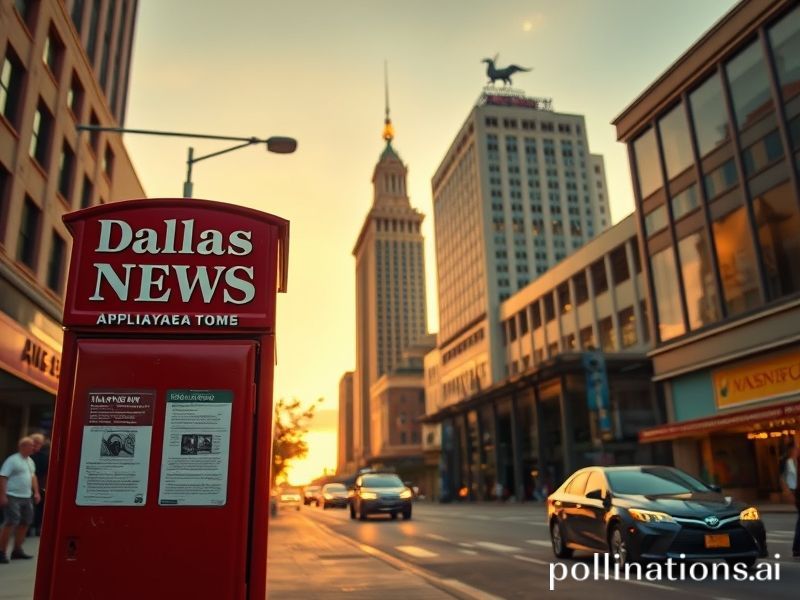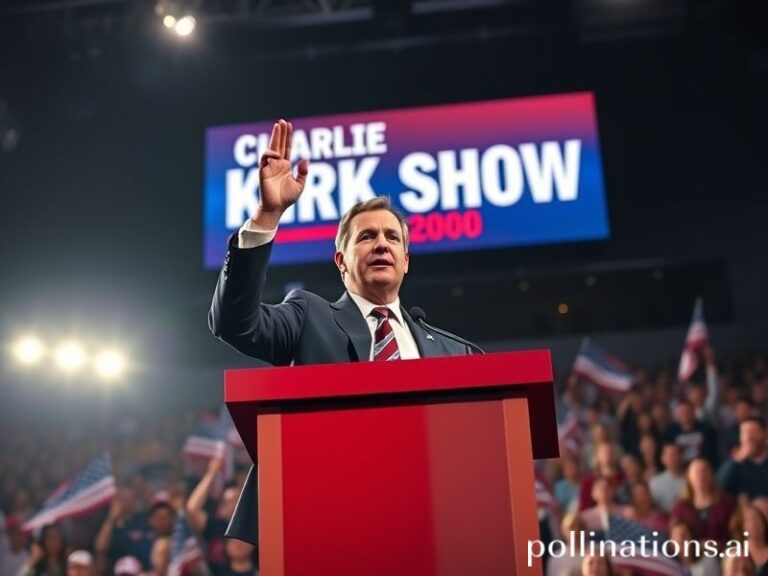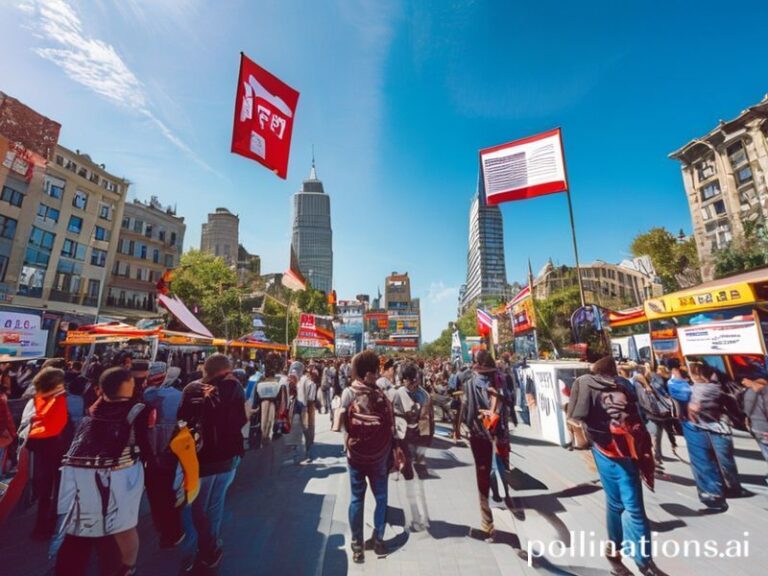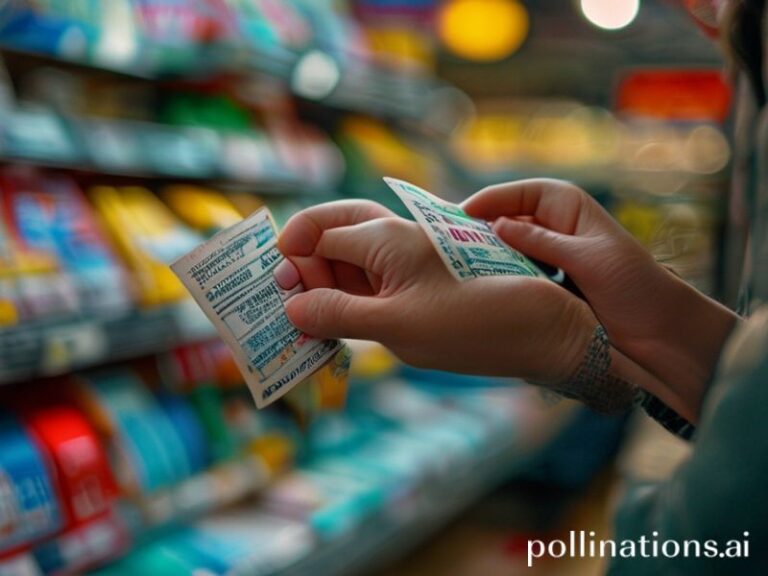Dallas News Goes Global: How One City’s Chaos Became Everyone’s Problem
Dallas, the city that gave the world both the TV soap opera and the grassy knoll, has once again elbowed its way onto the global bulletin board—this time not for another season of rich-people melodrama or fresh JFK conspiracy theories, but for a cascade of news headlines that, like Texas chili, are equal parts spice and heartburn.
From the vantage point of a café terrace in Istanbul—where locals sip tea sweet enough to mask economic despair—the Dallas Morning News’ latest dispatches read like postcards from America’s id: a billionaire governor shipping migrants north as performance art, an arena that moonlights as a voting rights battleground, and a mayor promising to turn the Trinity River into Amsterdam’s canals if only someone will pay for the bicycles (and the levees). Abroad, we nod knowingly; every country has its own Dallas—someone’s swaggering cousin who shows up to the family reunion with a gold-plated pistol and a PowerPoint on why the cousins should invest in crypto.
Yet the ripple effects refuse to stay parochial. When the Dallas Federal Reserve’s economists warn that American consumers are “tapping out,” Asian investors reach for Maalox, because if Texas shoppers stop buying flat-screen TVs, a factory in Vietnam dims its lights. Meanwhile, European energy traders watch ERCOT’s grid forecasts the way Roman augurs once studied entrails: one badly timed cold snap in North Texas and Rotterdam spot prices twitch like a cat in a lightning storm. The world learned in 2021 that Texas doesn’t have to sneeze for the planet to catch a fever; it merely has to under-invest in winterization.
And then there is the small matter of the Dallas Police Department quietly uploading license-plate data to a private surveillance cloud headquartered—where else—somewhere in the former Eastern Bloc. Privacy activists from Berlin to Buenos Aires exchange weary emojis: apparently even the Wild West now outsources its stalking. In the grand bazaar of modern governance, data is the new oil, and Dallas is happy to frack its own citizens for export.
You might ask: why should a cholera-plagued township in Mozambique care that a Dallas suburb banned “divisive concepts” from classrooms? Because textbook printers in Singapore, chasing economies of scale, will pulp paragraphs on Rosa Parks to placate a Texas school board whose members think Rosa should have simply asked the bus driver nicely. Global supply chains are democratic that way: ignorance, like everything else, can be mass-produced.
Even the city’s sports pages carry geopolitical freight. When Luka Dončić sinks another step-back three, Slovenian national pride swells like a credit bubble, and Chinese counterfeiters churn out bootleg jerseys before the echo of the buzzer dies. Meanwhile, Jerry Jones—America’s favorite hybrid of oil baron and Vegas ringmaster—treats the Cowboys as a sovereign wealth fund with pom-poms. Analysts in London note that the franchise’s valuation now exceeds the GDP of Barbados, a fact that delights nobody in Bridgetown.
And so, as the sun sets over Dealey Plaza—now ring-fenced by selfie sticks and conspiracy hawkers selling “Oswald Was Framed” snow globes (Made in China, naturally)—the rest of us are left to ponder the eternal lesson Dallas keeps teaching: any city big enough to dream in neon is big enough to export nightmares. Whether it’s subprime mortgages, energy deregulation, or simply the unshakable belief that bigger is automatically better, Dallas ships its neuroses worldwide with the efficiency of DHL.
The good news? If the planet survives climate change, supply-chain whiplash, and the next cryptocurrency evangelist from Highland Park, historians will one day study Dallas as a cautionary tale—proof that when you mix limitless ambition with limited oversight, you don’t just get a city. You get a mirror.
And darling, the whole world is already staring into it, checking for wrinkles.







